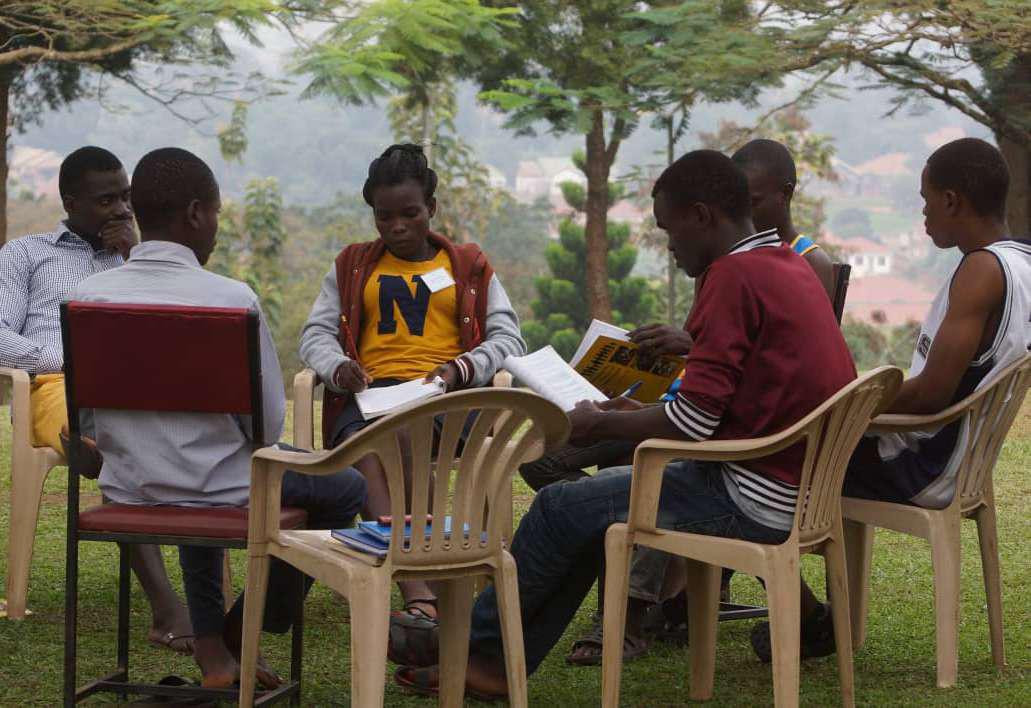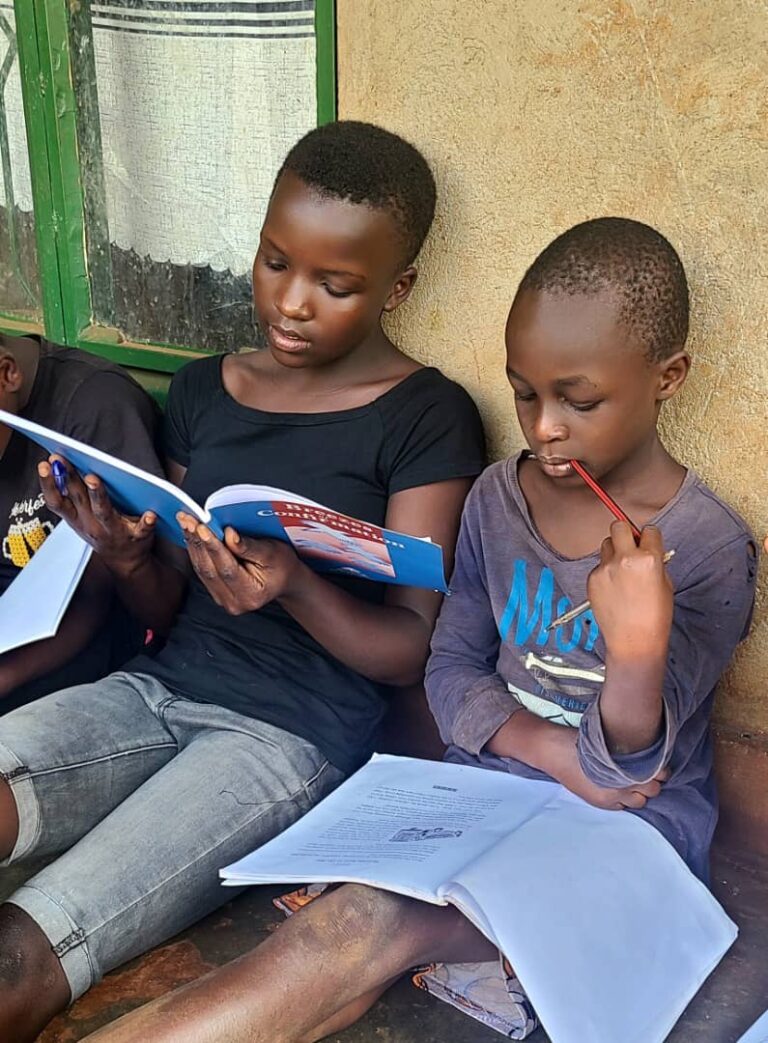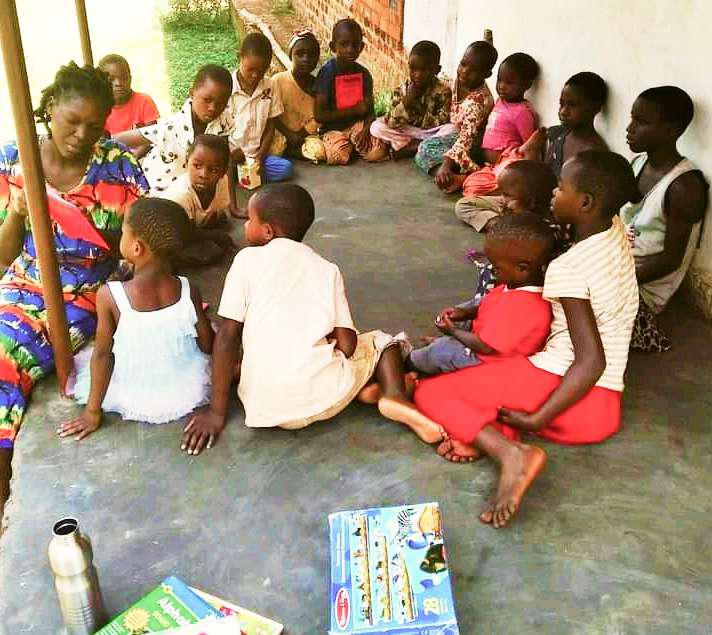Community Life
Learning Together
Education quickens the community and fosters its progress. Individually, as families and in groups with the help of a tutor, Bahá’ís and their friends and neighbors reflect deeply on the Writings of Baha’u’llah, drawing from their depths pearls of wisdom that can be applied to their lives and to their community’s needs. There are three kinds of education; material, human, and spiritual, and these must be harmonized if the community is to advance. Through a series of courses that are open to all, multitudes arise to carry out specific acts of service to effect social change. Men and women, young and old alike, come to recognize that they have the power in their hands to re-create the world around them.


Study Circles
A study circle comprises a group of youth and adults who meet regularly to reflect on a set of materials, grounded in the Bahá’í writings, that express the spiritual insights and the knowledge gained in the process of translating Bahá’u’lláh’s teachings into reality. Participants acquire knowledge, skills, and attitudes to enable them serve their communities. They come to see themselves as equals walking a path of service as they arise to educate the younger members of the community, invite friends and neighbors for regular prayer and worship in their homes, and engage in consultation on issues of importance to the community.
Junior Youth Groups
Falling between the ages of 12 and 15 and representing a transition from childhood to youth, young adolescents—referred to as “junior youth”—experience rapid physical, intellectual, and emotional changes. A new level of awareness fosters in them an increased interest in profound questions and in their talents and abilities. In several communities in the country, junior youth meet weekly in small groups led by older youth to discuss profound ideas to form a strong moral identity. They study a series of materials and engage in group-building activities like arts, sports and community service projects to develop language skills, mathematical capabilities, and learn to investigate reality in a scientific manner.


Children's Classes
Bahá’ís see the young as the most precious treasure a community can possess. In them are the promise and guarantee of the future. Yet, in order for this promise to be realised, children need to receive spiritual nourishment. Through classes conducted by older siblings and the mothers in several villages and neighborhoods, children are nurtured in environments of love and understanding. The parents, the entire community and the institutions are involved in an ongoing discourse on their roles and responsibilities in raising the children. Great emphasis is placed on the development of spiritual qualities like truthfulness, humility and kindness, and on those habits and patterns of conduct that constitute the essential attributes of a spiritual being.
Devotional Life
Acts of devotion are inherent to religious life. Through them, individuals and communities continually reinforce the unique bond that exists between God and humanity. This bond vitalizes the relationships that sustain society—between individuals and among the various elements of the community and its institutions. In diverse settings, Bahá’ís and their friends and families unite with one another in gatherings referred to as Devotional Meetings for prayer. There are no rituals; no one individual has any special role. Meetings consist largely of reading prayers and passages from the Bahá’í sacred texts in an informal yet respectful atmosphere. A spirit of communal worship is generated by these simple gatherings, and this spirit begins to permeate the community’s collective endeavours. Devotional meetings spring up naturally in a community where a conversation about the spiritual dimension of human existence is growing. Today, hundreds of families hold regular devotional meetings in localities across the country—in both urban and suburban neighbourhoods, and villages alike.

